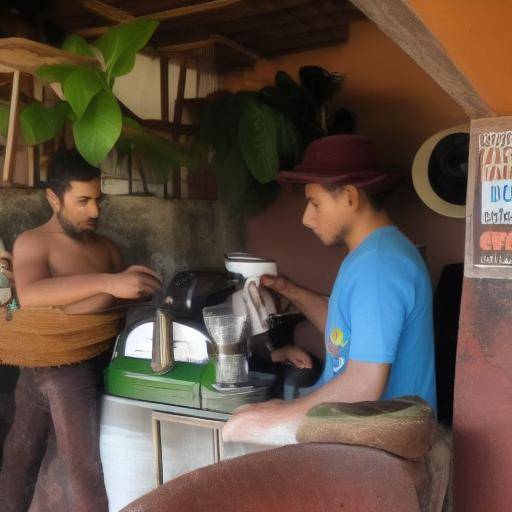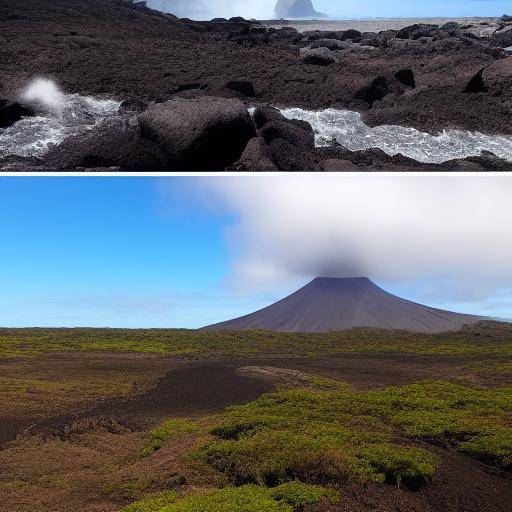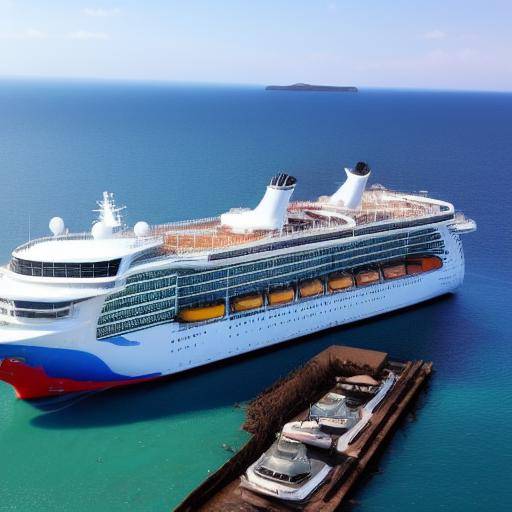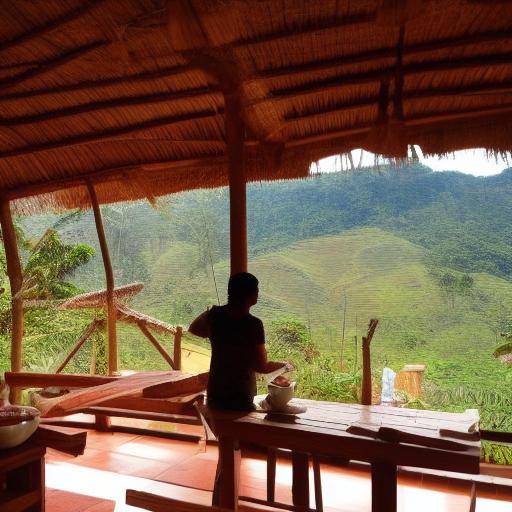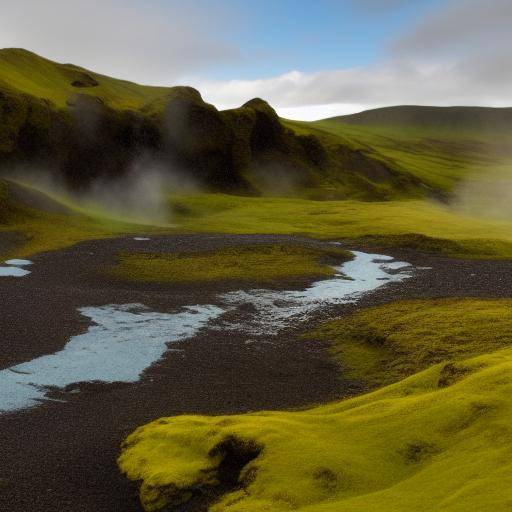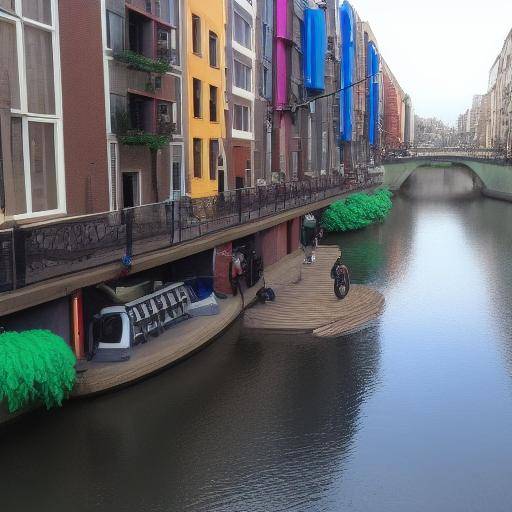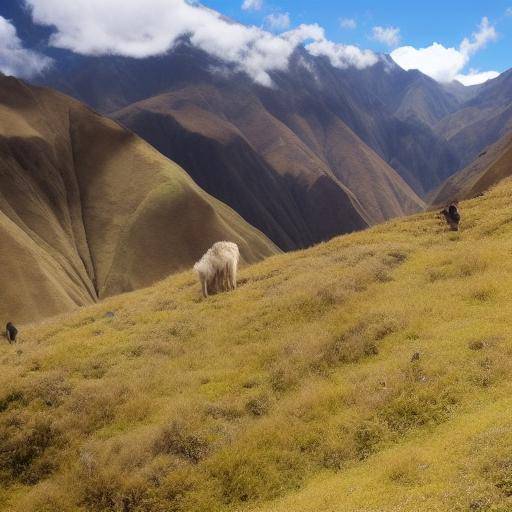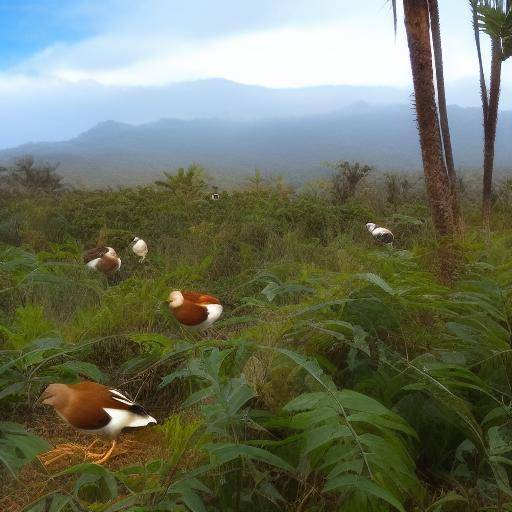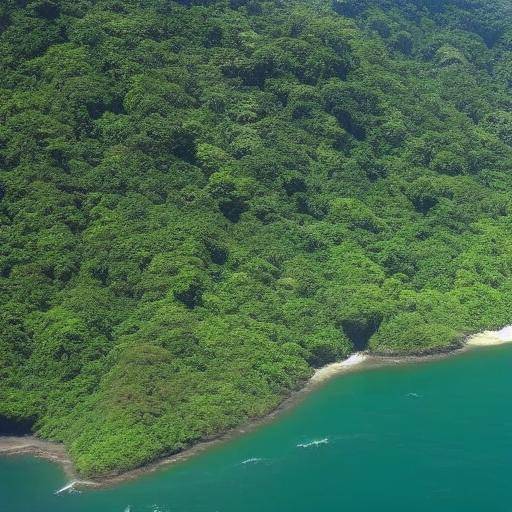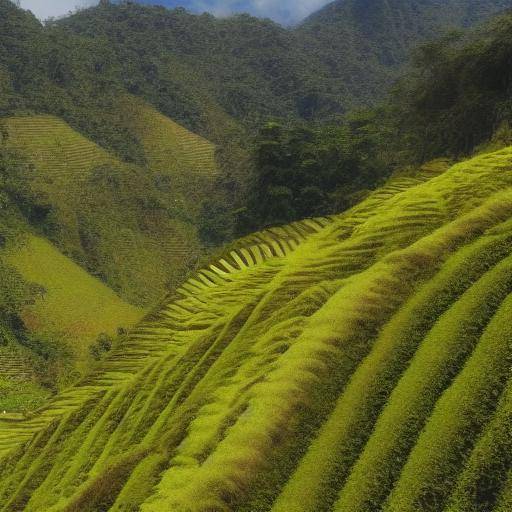
Are you ready to embark on a sensory journey that combines passion for coffee, the beauty of Andean landscapes and the wealth of Colombian coffee culture? In this article, we will explore the fascinating Coffee Route in Colombia, where Colombian coffee, ecotourism and coffee culture intertwine to offer a unique experience. From its historical origins to future trends, we will discover the magic surrounding this route that has captivated coffee lovers and adventurers alike.
Introduction
Colombia's Liquid Gold: Colombian Coffee
Colombian coffee is recognized worldwide for its distinctive taste and exceptional quality. With an ideal climate and fertile land, Colombia has cultivated coffee for centuries, becoming one of the main producers worldwide. In our journey through the Coffee Route, we will immerse ourselves in history, the process of cultivation and the passion that drives Colombian coffee growers to produce this aromatic elixir.
Ecotourism: Connection with Nature
The Coffee Route allows us not only to savor the coffee, but also to enter into an impressive natural environment. Ecotourism in the Andean region of Colombia offers the opportunity to explore lush mountains, cloud forests and a biodiversity that captivates the senses. We will discover how sustainable tourism intertwines with the preservation of the environment, creating rich experiences for visitors and benefits for local communities.
Culture Coffee maker: Tradition and Hospitality
The Colombian coffee culture is a treasure that transcends the simple act of drinking coffee. From the traditions rooted in the coffee farms to the warmth of its inhabitants, the coffee culture invites us to immerse ourselves in the hospitality and cultural heritage of the region. We will discover how local customs, gastronomy and festivities reflect the importance of coffee in the identity of its inhabitants.
History and Background
Origins of the Café in Colombia: An Aromatic History
Coffee arrived in Colombia in the 18th century, marking the beginning of a story that would transform the country's economy and society. From the first plantations to the consolidation of Colombia as a global benchmark in coffee production, we will explore the key stages of this aromatic journey.
Revolution Coffee maker: Development and Structure
The Coffee Revolution at the end of the 19th century triggered significant growth in the coffee industry. We will analyze how the cooperative organization and infrastructure development helped consolidate Colombia as an influential actor in the production and export of coffee.
Quality Café: The Art of Cultivation
The commitment to quality has been a fundamental pillar for Colombian coffee growers. We will deepen in the cultivation techniques, the selection of grains and the wet profit process, which have established the standard for specialty coffee throughout the world.
Organic and Sustainable Coffee: Preserving the Environment
The trend towards organic and sustainable coffee has gained momentum in the coffee region of Colombia. We will explore how environmentally friendly farming methods not only protect land and biodiversity, but also provide consumers with the guarantee of an ethical and high quality product.
Coffee and Communities: Social and Economic Impact
Coffee has played a crucial role in setting up communities in the Colombian coffee region. We will analyze how the coffee industry has generated employment opportunities, strengthened the local economy and contributed to social development, providing livelihoods for future generations.
The Café as Cultural Heritage: Costumes and Traditions
The coffee culture goes further in the simple act of drinking coffee. From the traditions rooted in the coffee farms to the warmth of its inhabitants, the coffee culture invites us to immerse ourselves in the hospitality and cultural heritage of the region. We will discover how local customs, gastronomy and festivities reflect the importance of coffee in the identity of its inhabitants.
Detailed Analysis
Benefits of Colombian Coffee:
Colombian coffee not only delights the palate, but also provides significant benefits at the economic, social and environmental levels. We will detail how the quality of coffee and its international reputation have raised Colombia's status in the global market, generating income and employment for the country and local communities.
Challenges and Challenges of Cafculture:
While Colombian coffee has achieved global recognition, it faces significant challenges ranging from climate change to price volatility. We will analyze how coffee growers and institutions seek to address these challenges to ensure the long-term sustainability of the coffee industry.
Current trends in Ecotourism:
Ecotourism in the Andean region of Colombia has experienced a boom, attracting travelers seeking authentic and sustainable experiences. We will discuss current trends, such as the focus on community tourism, the conservation of protected areas and respect for local culture, which have shaped the tourist offer in the region.
Sustainable Ecotourism Challenges:
The growth of ecotourism entails challenges related to the conservation of the environment and the preservation of cultural authenticity. We will examine how responsible tourism management seeks to balance the enjoyment of nature with the protection of fragile ecosystems and the well-being of local communities.
Social Dynamics of Coffee Culture:
The coffee culture not only enriches material heritage, but also weave links of solidarity and cooperation between families and communities. We will investigate how traditions, festivities and cultural practices strengthen the social fabric, promoting a sense of belonging and preserving the legacy of generation to generation.
Challenges of Cultural Preservation:
Globalization and sociocultural changes present challenges for the preservation of coffee culture. Exam


